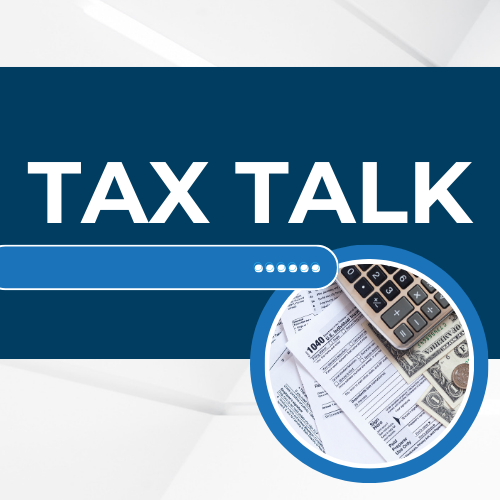The Augusta Rule: Turning Your Home into a Tax Haven (Almost)
What is the “Augusta Rule”, and how does it work?

What if you could also reduce your tax burden by leveraging your own home? The Augusta Rule, a little-known tax strategy, might be your secret weapon.
What is the Augusta Rule?
Named after the famed golf tournament, the Augusta Rule (also known as IRS Section 280A(g)) allows homeowners to rent out their primary residence to their business for up to 14 days per year, tax-free. That's right, the income generated from that rental goes straight to your pocket without Uncle Sam taking a bite.
How Can My Small Business Benefit?
Here's the beauty of the Augusta Rule: it offers a double tax benefit:
- Tax-Free Income: The rental income you receive from your business is excluded from your taxable income. This translates to direct savings on your tax bill.
- Business Deduction: Your business can deduct the rental expense it pays to you (the homeowner) for using the property. This lowers your business's taxable income as well.
Important Considerations:
While the Augusta Rule sounds too good to be true, there are some key things to remember:
- Fair Market Rent: The rental rate charged to your business must be fair market value, comparable to similar rentals in your area. Don't get caught inflating the price!
- True Business Purpose: There must be a legitimate business reason for the rental. Strategic planning sessions, brainstorming retreats, or video conferencing meetings all qualify. Using the space for casual work wouldn't meet the criteria.
- Record Keeping is Key: Proper documentation is crucial. You'll need records proving fair market rent, business purpose for the rental, and the number of days used.
- Sole Proprietors Beware: The Augusta Rule doesn't apply to businesses taxed as sole proprietorships. You'll need to be a corporation, S corporation, LLC, or partnership to qualify.
Is the Augusta Rule Right for You?
The Augusta Rule can be a valuable tool for small business owners looking to reduce their tax burden. However, it's not a one-size-fits-all solution. Consider these factors:
- Do you have a home office space suitable for business meetings?
- Would your business benefit from dedicated strategic planning sessions or retreats?
- Are you comfortable with the record-keeping requirements?
Talk to Your Tax Advisor
Before implementing the Augusta Rule, consult with your tax advisor. They can ensure you comply with all the regulations and determine if this strategy aligns with your overall tax plan. The Augusta Rule can be a great way to leverage your home office and save on taxes. But by understanding the limitations and consulting a tax professional, you can make sure you're using it effectively and compliantly.















